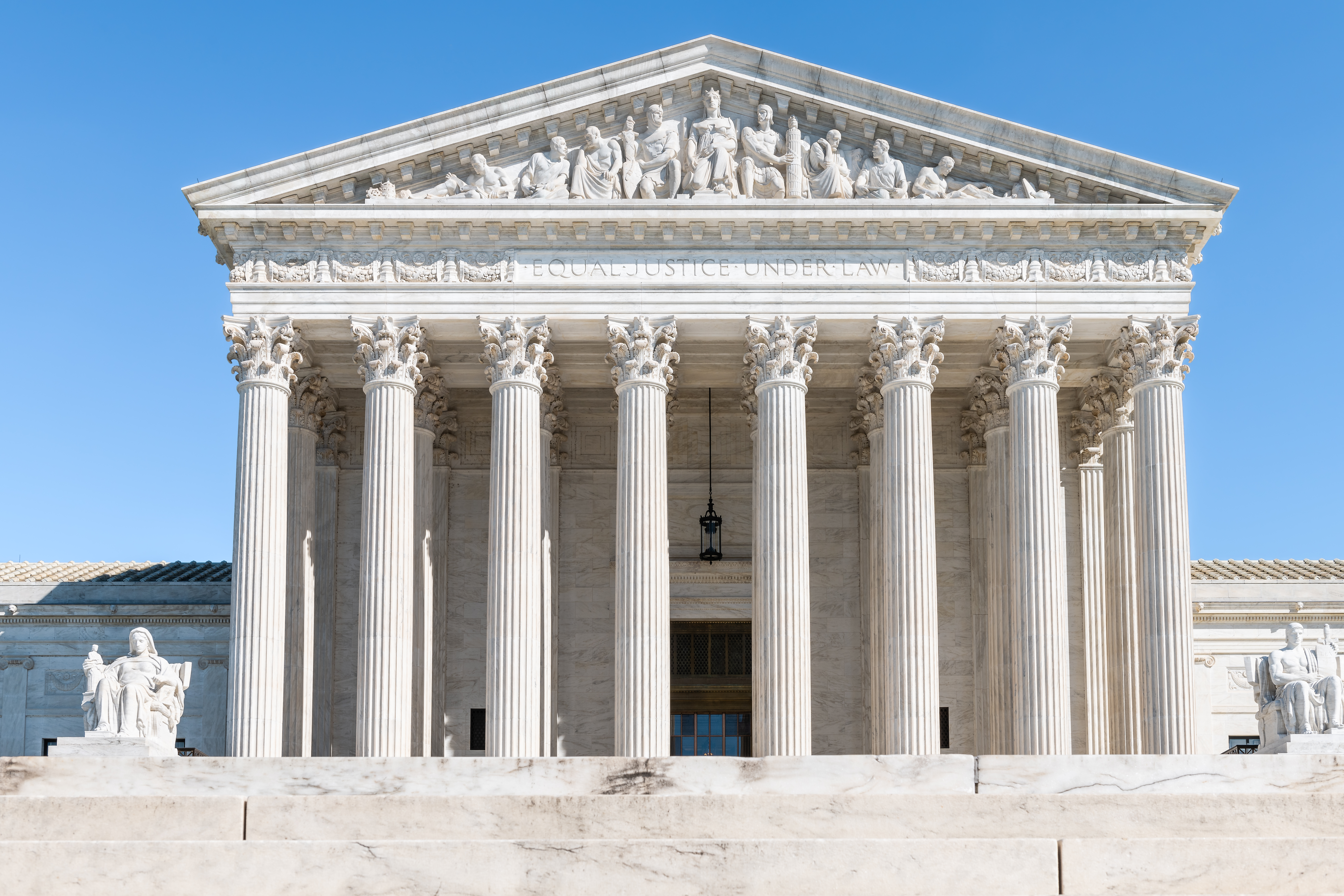“Copyright reform is in the air.”
While patent reform seems to be the top IP-related priority for most US policymakers, copyright reform discussions in the US are also forthcoming in response to this summer’s green paper from the Department of Commerce. A (shutdown-delayed) meeting on the paper will be taking place in December at the USPTO, and pre-meeting comments are due next week, with post-meeting comments due in January. There has also been speculation of Congress holding additional hearings to follow up on the two the House Judiciary held this summer.
The US is not alone in considering updating its copyright laws.
I wrote in August about the Australian Law Reform Commission contemplating adding fair use to Australian copyright law. The reform efforts continue, and a new site just launched called Creationistas which provides useful information on existing copyright laws and proposed reforms—particularly fair use—anchored around some entertaining explanatory videos, such as the one below:
The European Union is also considering copyright reforms, to its 2001 Copyright Directive and to copyright levies, which Neelie Kroes, Vice-President of the European Commission, announced in a speech last year where she explained that she’s “convinced we need to reform copyright for the digital age.” A German group focused on digital culture launched a site to educate the public called Right2Remix.org.
Ireland’s Copyright Review Committee recently released a paper on “modernising copyright” that also considers fair use. The first sentence of the report says it well: “Copyright reform is in the air.” It goes on to name some other jurisdictions that have recently amended their copyright laws, or are in the midst of reform efforts:
In the recent past, Canada has introduced comprehensive amending legislation; Germany and India have made small but significant changes; the United Kingdom (UK) is in the course of implementing extensive reform proposals; Australia is on the cusp of a truly radical transformation; the European Union (EU) has important ongoing processes relating to licences, orphan works, and infringement procedures; and, in the United States (US), both Congress and the Copyright Office are getting in on the act. (citations omitted)
Additionally, when discussing international copyright reform efforts it’s important to mention international trade agreements, which influence domestic laws. Last summer the Office of the Unites States Trade Representative (USTR) introduced language on limitations and exceptions to copyright, in a Berne-style “three-step test,” to the (still-private) Trans-Pacific Partnership (TPP) text. This was a significant breakthrough for balanced copyright policy as it was the first time that the USTR acknowledged the economic importance of copyright limitations and exceptions in addition to robust IP protections. As CCIA has noted in the past, the “fair use economy” contributes an annual average of $2.4 trillion in “value added” to the US economy, or approximately 17% of total US current dollar GDP (roughly one-sixth of the economy).








